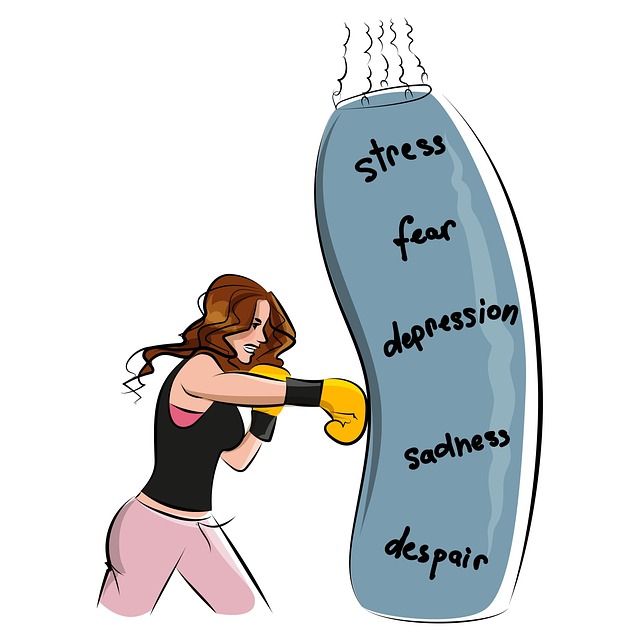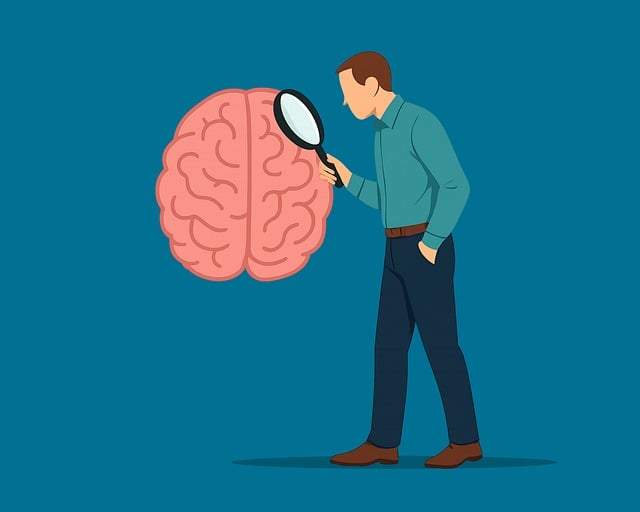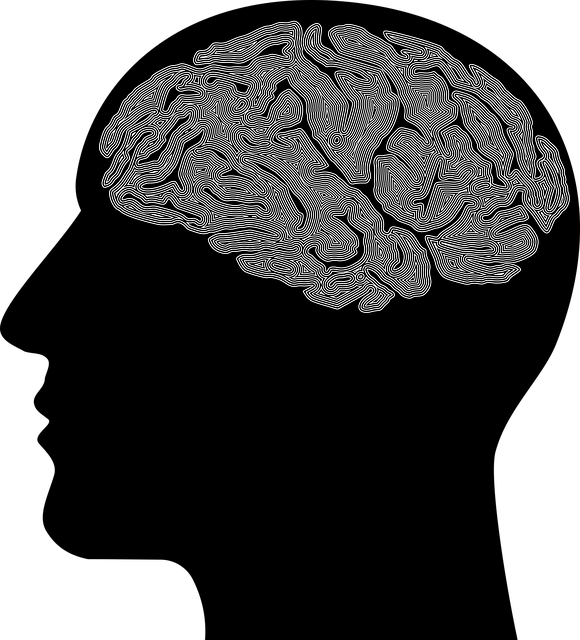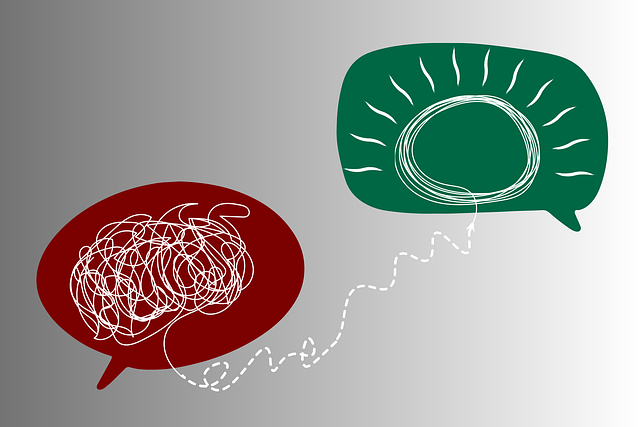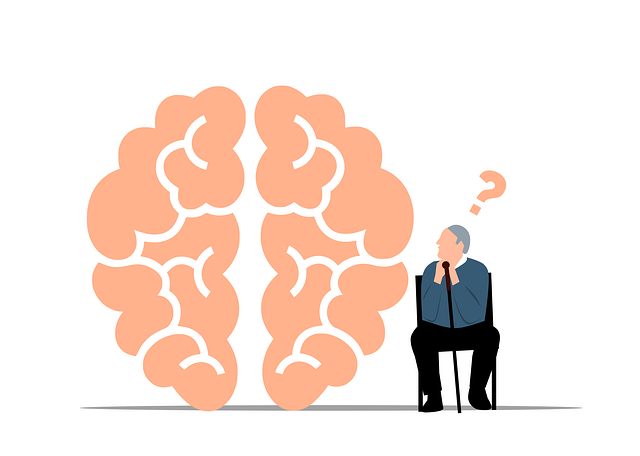The text explores the complex relationship between stress, alcohol abuse, and aging, emphasizing the need for specialized therapy among elderly individuals. It highlights that age-related challenges like health decline, financial strain, and social isolation contribute to alcohol misuse as a coping mechanism. Effective strategies include Cognitive Behavioral Therapy (CBT) for depression, integrating Emotional Intelligence (EI) for better emotional awareness, and mindfulness practices for stress management. Building support networks through peer groups and providing tailored interventions under the Mental Health Policy Analysis framework are crucial. By addressing underlying stressors and promoting resilience, mental health professionals can significantly improve outcomes and reduce alcohol dependency in this vulnerable population.
Stress management techniques are crucial for teaching elderly individuals, especially those grappling with alcohol abuse. This complex relationship between stress and alcohol is well-documented, with long-term alcohol consumption impacting aging brains and bodies significantly. Understanding these effects paves the way for effective therapy approaches tailored to elders’ unique needs. From mindfulness and relaxation techniques to building robust support networks, this article explores practical strategies to help seniors navigate and overcome alcohol abuse while managing stress effectively.
- Understanding Elderly Stress and Alcohol Abuse: A Complex Relationship
- The Impact of Alcohol on Aging Brains and Bodies
- Uncovering Effective Therapy Approaches for Elders
- Practicing Mindfulness and Relaxation Techniques at Home
- Building Support Networks: Peer Groups and Professional Help
Understanding Elderly Stress and Alcohol Abuse: A Complex Relationship

The relationship between stress and alcohol abuse is particularly intricate when considering the elderly population. As individuals age, they often face unique stressors such as health decline, financial challenges, and social isolation, which can lead to increased vulnerability. Many older adults turn to alcohol as a coping mechanism, unaware of its detrimental effects on their mental and physical well-being. This complex dynamic requires specialized understanding and tailored interventions.
Therapy for elders with alcohol abuse issues should incorporate comprehensive risk assessments for mental health professionals, focusing on burnout prevention and resilience building. By addressing the underlying causes of stress and providing support systems, effective treatment can be designed to break the cycle of dependency. Enhancing coping strategies and promoting a sense of belonging can significantly contribute to improved mental health outcomes and reduced alcohol abuse among the elderly.
The Impact of Alcohol on Aging Brains and Bodies

Alcohol’s impact on aging brains is a significant concern within geriatric health. As elders age, their bodies process alcohol less efficiently, leading to higher levels of intoxication and increased risk for both short-term and long-term cognitive damage. Chronic alcohol abuse in older adults can exacerbate existing neurological conditions, such as dementia or Alzheimer’s disease, and contribute to the development of new ones. This is particularly concerning given the growing elderly population, highlighting the need for effective therapy for elders suffering from alcohol abuse.
Public awareness campaigns play a crucial role in educating both seniors and their caregivers about the signs of alcohol misuse and available trauma support services. Promoting coping skills development through these initiatives can empower the elderly to make informed decisions regarding their health. By addressing alcohol abuse proactively, we can mitigate its detrimental effects on aging bodies and minds, fostering a better quality of life for our elders.
Uncovering Effective Therapy Approaches for Elders

Uncovering effective therapy approaches for elders is a critical aspect of stress management, especially considering the unique challenges they face. Age-related issues such as physical limitations, social isolation, and cognitive decline can significantly impact an elder’s mental health. Therefore, therapists must employ tailored strategies to address these specific concerns. One proven method is Cognitive Behavioral Therapy (CBT), which helps elders identify and change negative thought patterns and behaviors contributing to stress and anxiety. CBT has shown remarkable effectiveness in treating depression among the elderly, a condition often linked to alcohol abuse, as a way of coping with stress.
Additionally, incorporating elements of Emotional Intelligence (EI) into therapy can be transformative for elders. EI involves recognizing and managing one’s emotions, which is crucial for dealing with life transitions and maintaining mental well-being. Therapists can guide elders in developing emotional awareness, empathy, and effective communication skills to navigate social interactions and build support networks. This approach not only addresses individual stress but also fosters a sense of belonging, which is vital for preventing depression and promoting overall mental health. Moreover, understanding the intersection between alcohol abuse and underlying mental health issues, such as anxiety or depression, is essential in developing comprehensive therapy plans under the framework of Mental Health Policy Analysis and Advocacy.
Practicing Mindfulness and Relaxation Techniques at Home

In today’s fast-paced world, elders often face unique challenges that can lead to heightened stress levels. However, practicing mindfulness and relaxation techniques at home offers a simple yet powerful solution for managing these feelings. By dedicating just a few minutes each day to breathing exercises, guided meditations, or yoga, seniors can significantly reduce their overall stress. These practices promote mental clarity and emotional balance, fostering a sense of inner peace that can be particularly beneficial in mitigating the effects of loneliness or chronic conditions.
Incorporating mindfulness into daily routines not only enhances well-being but also serves as an effective therapy for those struggling with alcohol abuse, a concern often prevalent among elders. Mind over matter principles, when combined with relaxation techniques, empower individuals to develop healthier coping mechanisms and improve their overall quality of life. Moreover, community outreach program implementations that focus on teaching these skills can play a pivotal role in supporting seniors’ mental health and fostering a sense of belonging within their communities.
Building Support Networks: Peer Groups and Professional Help

Building support networks is a vital component of stress management, especially for elders struggling with issues like alcohol abuse. Peer groups offer a unique and understanding environment where individuals can share experiences, learn coping skills development, and gain insights from others facing similar challenges. These connections can provide emotional support and practical advice, helping to combat feelings of isolation and promoting better mental health.
Additionally, professional help through therapy or counseling services plays a crucial role in stress management and burnout prevention strategies for healthcare providers, many of whom may be elderly themselves. Healthcare provider cultural competency training ensures that professionals are equipped to address the specific needs of aging populations, including those with substance abuse disorders. By accessing these resources, elders can find tailored assistance, improving their overall well-being and quality of life while reducing the risks associated with prolonged stress and alcohol abuse.
Stress management techniques are invaluable tools for elderly individuals, especially those struggling with alcohol abuse. By understanding the complex relationship between stress and alcohol, we can develop targeted interventions. Effective therapies, mindfulness practices, and strong support networks can significantly enhance quality of life for elders, helping them navigate aging’s challenges while fostering resilience and well-being. Implementing these strategies on a wider scale could lead to profound improvements in mental health outcomes for this vulnerable population, particularly when addressing alcohol abuse issues through tailored therapy approaches.

